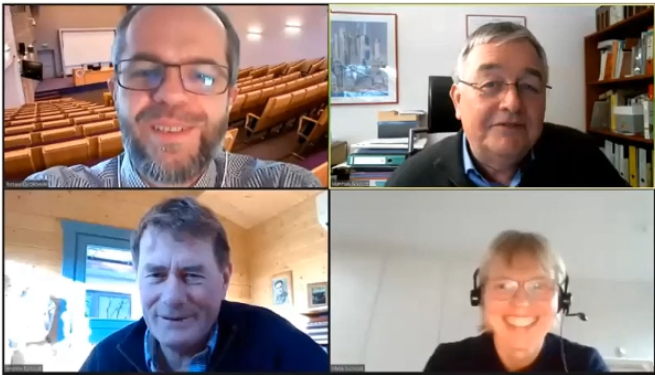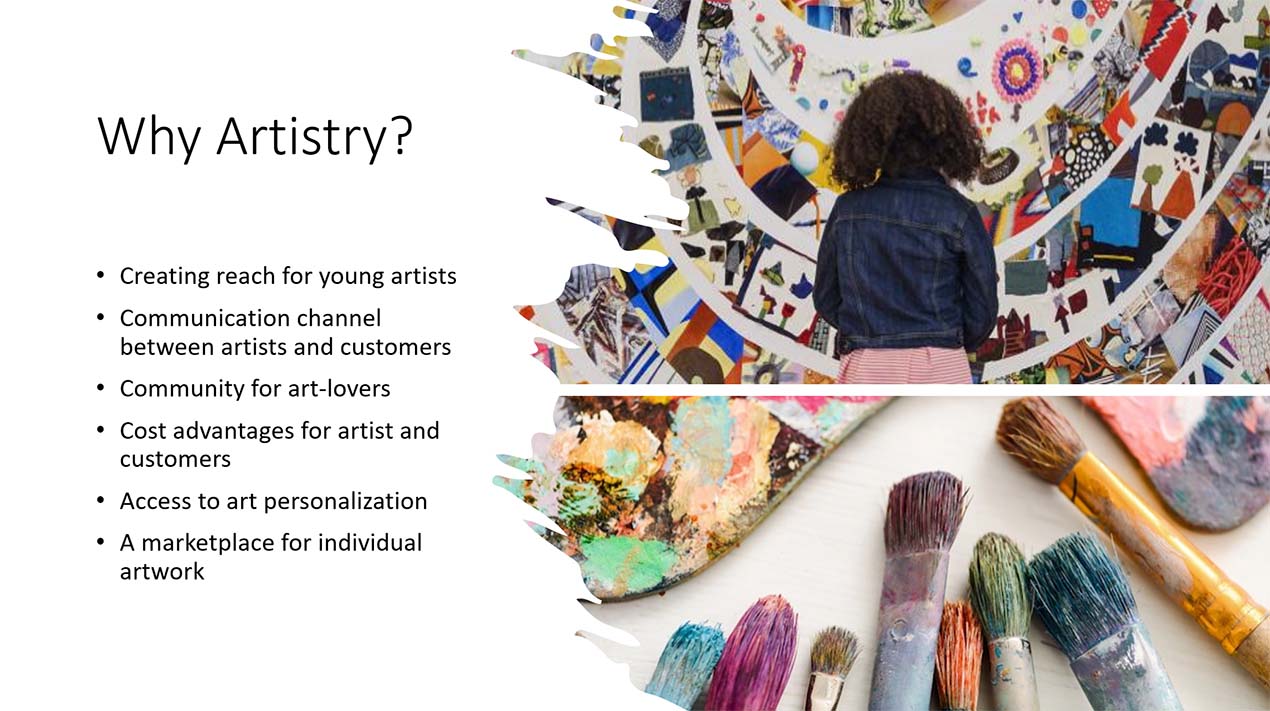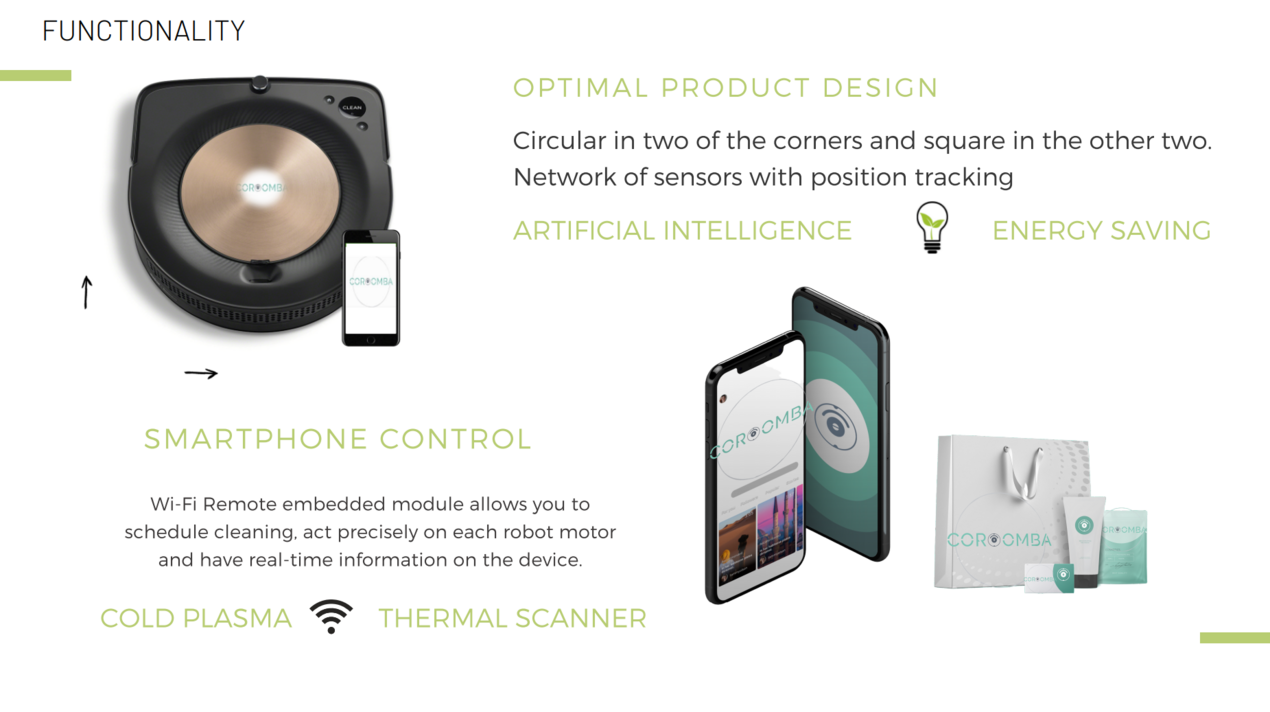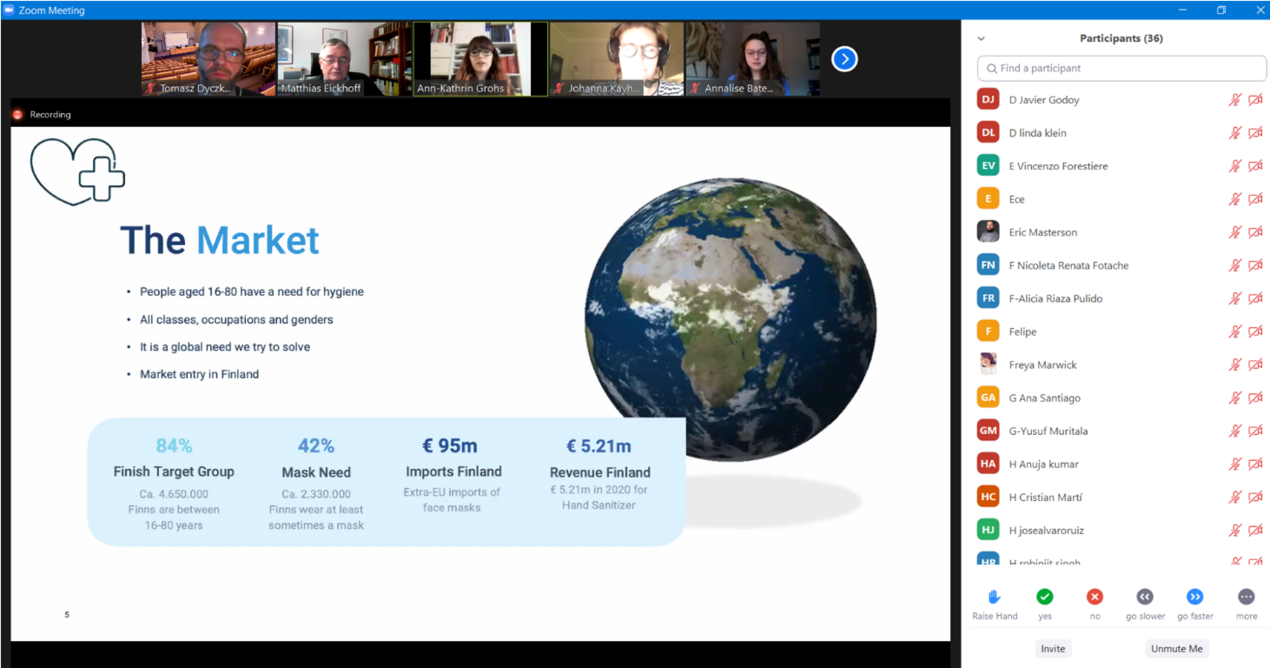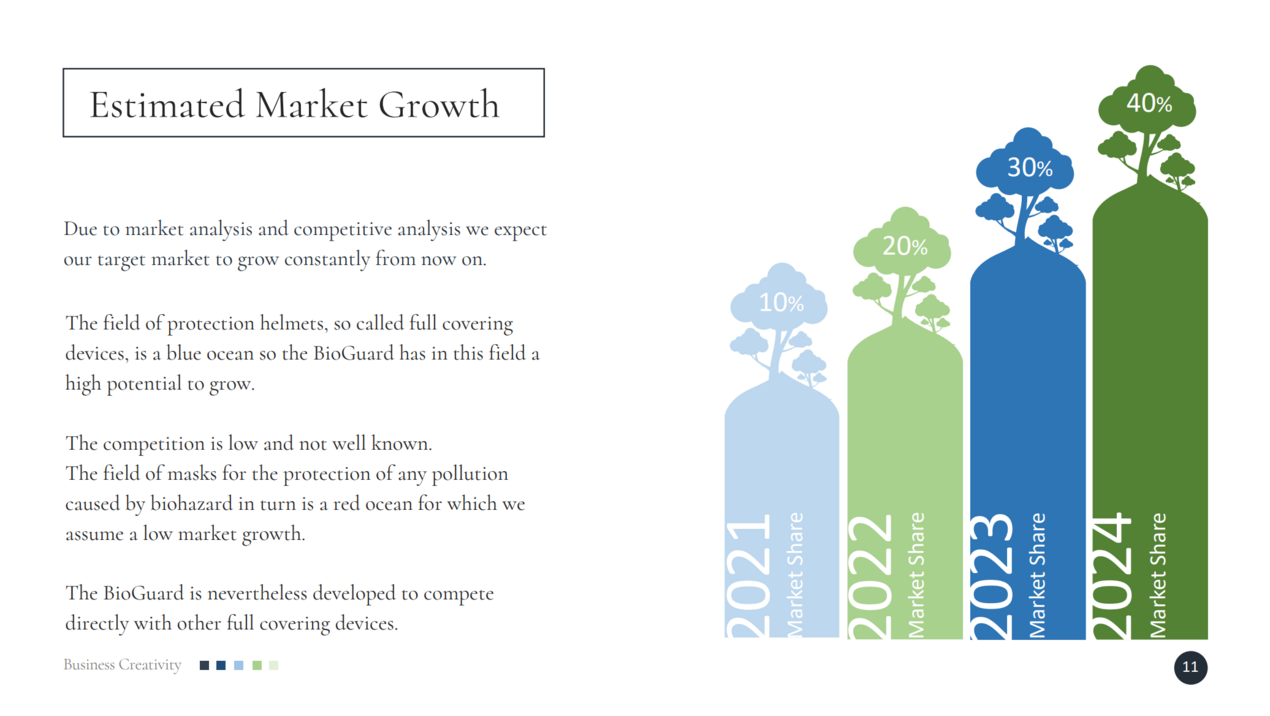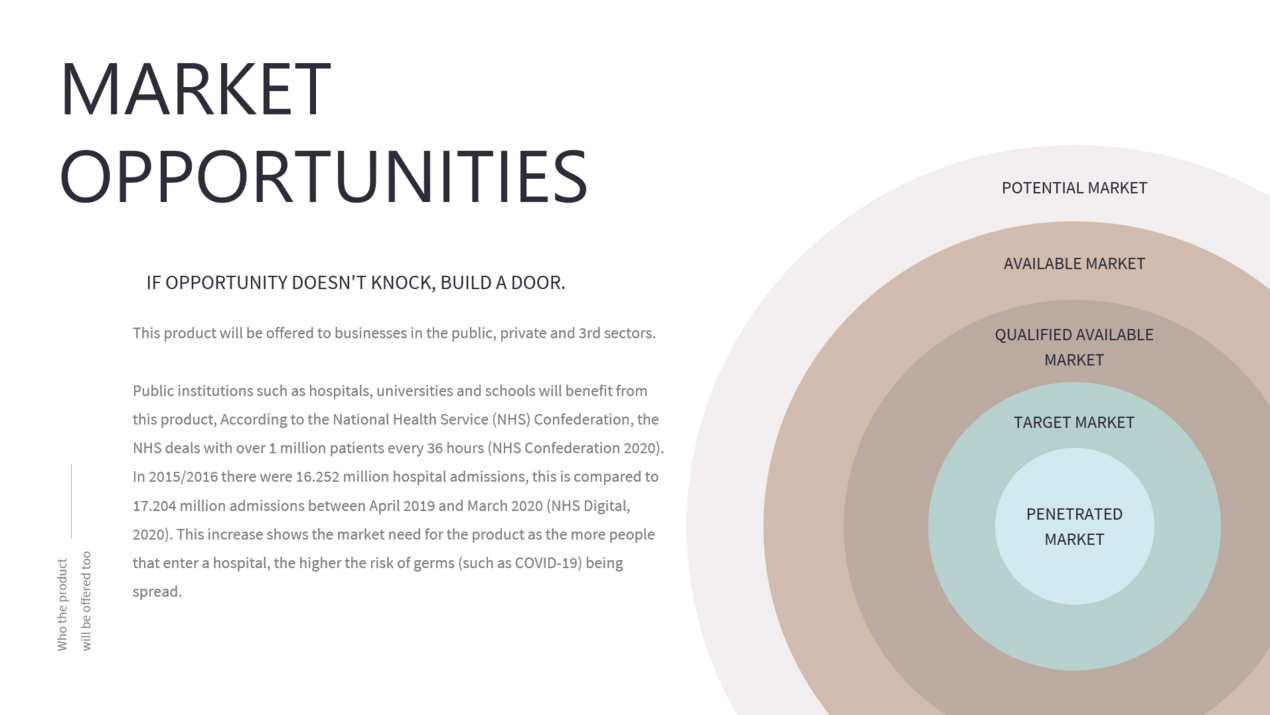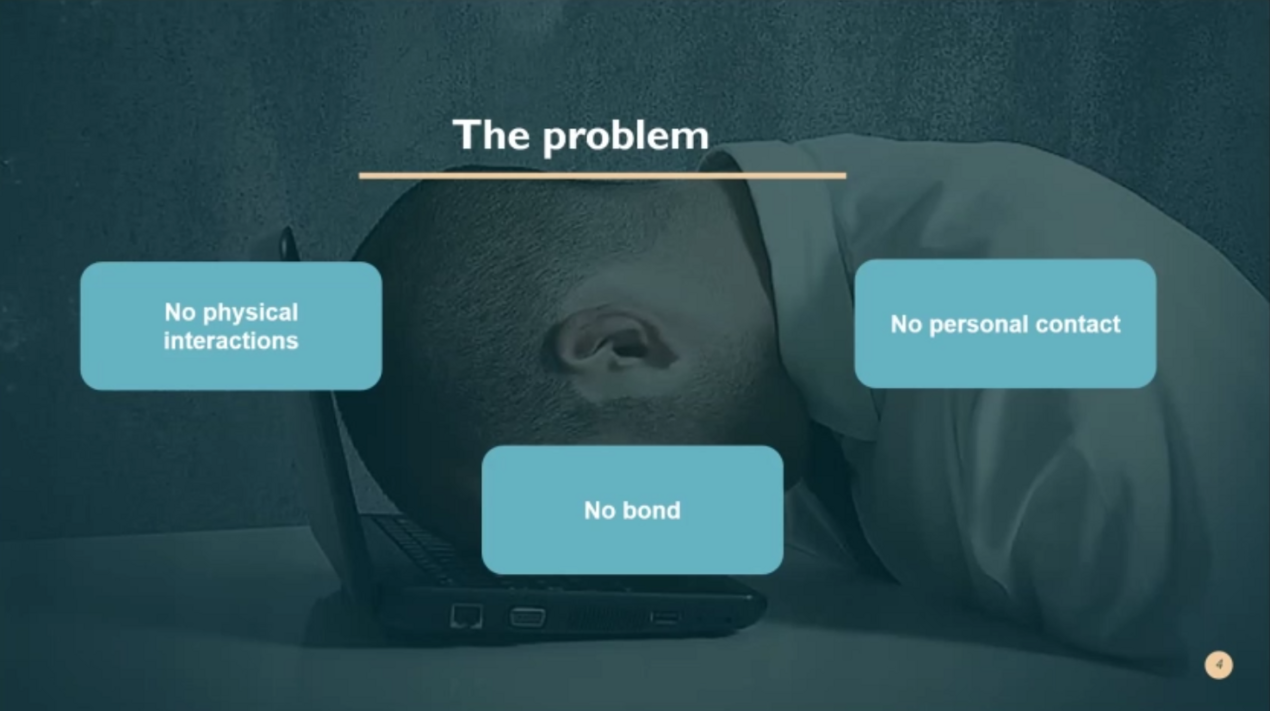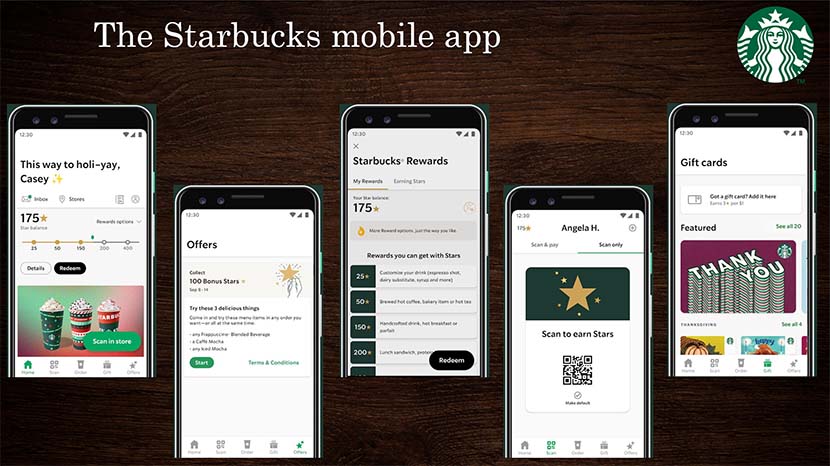And then came Corona
How the COEUR Business Creativity workshop defied Corona
On an evening in September 2019 in Wroclaw, students and coaches from 4 EU countries and a Brazilian guest, celebrated the 17th COEUR Workshop at the University of Economics and Business. For one week, they had worked together, developed entrepreneurial ideas in E-sports and presented them to a jury of entrepreneurs, investors, and business specialists. In the ceremony for the best ideas, the 18th workshop was announced to take place at Haaga-Helia University (Helsinki). The preparation started — and then came Corona.
The ‘New Reality’
Instead of being disappointed about the cancellation, a strong idea came up: use COEUR’s strengths against the virus — Fighting CORONA with Entrepreneurial Creativity! Corona redefined the framework of entrepreneurial success and reinforced the need for a survival toolbox in open change, integrating creative problem solving and entrepreneurial decision-making.
One Team described their perception in their final report like this:
“From one day to the next, we have changed our way of living, of behaving, and interacting with others. The covid-19 pandemic is wreaking havoc in many areas of our lives. It has quarantined most of society, destroyed jobs, and filled the entire population with uncertainty and fear. It is affecting mental health, causing anxiety problems, among other serious diseases.”
The lockdown experience in summer 2020 created the breeding ground for a unique event. Only this time, the workshop would be replaced by a virtual format, further developing the blended-learning methodology of the Business Creativity Module offered since 2007.
“In the COEUR Project, students develop business ideas in diverse teams and gain invaluable entrepreneurial and intercultural competencies. This combination makes COEUR a unique learning opportunity!”
Prof. Dr. Isabelle Hillebrandt, University of Applied Sciences Mainz Thirty-five students from 10 nations at four universities were invited to meet via ZOOM. They were allocated to 7 teams – as diverse as possible in nationality, gender or age with the task to develop a value proposition in a market of their choice, describing the way that the product fills a need, communicates the specifics of its added benefit, and states the reason why “it’s better than similar products on the market”. The Projects Diversity is a strong driver of creativity, also reflected in the claim “COEUR–Creative in Diversity”. But it is also a challenge. The teams' first focus was to come to know each other, overcome language and cultural barriers, and establish shared understanding and collaboration. Typically, university education does not offer this experience, allowing students to stay in their comfort zones without being exposed to a VUCA-experience: situations that are volatile, uncertain, complex and ambiguous. The scope of project choice was broad. It included a concept to adapt existing processes to the new situation: STARBUCKS REINVENTED. Two teams developed services to improve hygienic conditions in public spaces: HANDELIZER, reducing infection risk by cleaning door handles or a service station for highly frequented public spaces to clean people’s belongings: THE CLEANING CUBE. Two teams wanted to improve individual health and safety conditions by BIO GUARD, a personal helmet with transparent visor and air filtering system or COROOMBA, using robotics technology in combination with anti-virus agents to detect and destroy viruses in rooms. “The presentations showcased education at its best. Students displayed innovative thinking and practical solutions based on their Marketing and Strategic Management knowledge. Being a judge was an uplifting experience.”
Dr. Andrew Martin, Director of the Scottish Centre of Tourism and Aberdeen Hoteliers Association Chairman Two teams focused on the consequences of the crisis: MOT-US, a service for employees working from home-offices, suffering from concentration and motivational problems and ARTISTRY, a platform allowing artists to stay in touch with their local communities to present themselves and sell, but also as a source of inspiration.
Prof. Dr. Isabelle Hillebrandt, University of Applied Sciences Mainz Thirty-five students from 10 nations at four universities were invited to meet via ZOOM. They were allocated to 7 teams – as diverse as possible in nationality, gender or age with the task to develop a value proposition in a market of their choice, describing the way that the product fills a need, communicates the specifics of its added benefit, and states the reason why “it’s better than similar products on the market”. The Projects Diversity is a strong driver of creativity, also reflected in the claim “COEUR–Creative in Diversity”. But it is also a challenge. The teams' first focus was to come to know each other, overcome language and cultural barriers, and establish shared understanding and collaboration. Typically, university education does not offer this experience, allowing students to stay in their comfort zones without being exposed to a VUCA-experience: situations that are volatile, uncertain, complex and ambiguous. The scope of project choice was broad. It included a concept to adapt existing processes to the new situation: STARBUCKS REINVENTED. Two teams developed services to improve hygienic conditions in public spaces: HANDELIZER, reducing infection risk by cleaning door handles or a service station for highly frequented public spaces to clean people’s belongings: THE CLEANING CUBE. Two teams wanted to improve individual health and safety conditions by BIO GUARD, a personal helmet with transparent visor and air filtering system or COROOMBA, using robotics technology in combination with anti-virus agents to detect and destroy viruses in rooms. “The presentations showcased education at its best. Students displayed innovative thinking and practical solutions based on their Marketing and Strategic Management knowledge. Being a judge was an uplifting experience.”
Dr. Andrew Martin, Director of the Scottish Centre of Tourism and Aberdeen Hoteliers Association Chairman Two teams focused on the consequences of the crisis: MOT-US, a service for employees working from home-offices, suffering from concentration and motivational problems and ARTISTRY, a platform allowing artists to stay in touch with their local communities to present themselves and sell, but also as a source of inspiration.
Measuring Success
All teamwork was directed towards the final jury presentation. The teams had 10 minutes to present their ideas and 10 minutes to answer the Jury’s questions. The Jury consisted of three people with a strong business and academic background (see inserts).
The Jury members evaluated the presentations on a scale of 1 to 10 performance points based on the criteria of message delivery, convincing power, branding creative effort and timing: 50 points maximum. The high quality of the concepts shows in the fact, that all teams achieved over 40 points with MOT-US in the lead (45,7), followed by ARTISTRY (45,3). The Jury also had a ‘budget’ to invest. The highest total was placed for ARTISTRY with 110 T€ followed by 75 T€ for THE CLEANING CUBE.
Measuring Success
“I will put all my money [a 100 T€ budget the Jury was asked to keep or invest] in the Artistry project. Maybe I will lose the money, but I am willing to take this risk.”
Prof. Dr. Grzegorz Krzos, Wroclaw University of Economics and Business The students also had to work out a final written report, evaluated by 2 of 4 randomly chosen instructors of the course. Evaluation criteria were vision, market and needs, financial and technological feasibility, scalability and the structure of the report. All results between 74 and 87,5/100 points confirm the high quality: achieving 100 points would require the maximum 10 points from all jurors in all dimensions. This is – following experience, not logic – almost impossible. Most important: the target group. Students are different and so are their expectations and perceptions. And the vast majority of the customers gave very supportive feedback to continue this unique experience. Two examples: “I perceived the course as something really great. My English is not the best, but I was obliged to step out of my comfort zone. I think it is important to face our fears. What I also really liked were the lectures given by the professors. The lectures were held with enthusiasm, which I perceived as very positive. Thank you for that experience.” Yanic Berthes “Business Creativity is a great module from which I was able to take a lot, especially for my personal development. Unfortunately, you rarely get the opportunity to work together on a multinational basis and acquire intercultural skills in the process. It is all the better that some innovative professors have teamed up to give their students a new level of study. It is precisely such courses that drive a university forward in times of internationalization through digitization.” Ann-Kathrin Grohs A proverb says, „Nobody is perfect” — nor is COEUR. Still, the team is a bit proud to have brought the idea to life in 2004, kept it growing and improving in an agile process ever since. There is still a long way to go. We are full of optimism to discover the future and contribute to its development – CREATIVE IN DIVERSITY!
Prof. Dr. Grzegorz Krzos, Wroclaw University of Economics and Business The students also had to work out a final written report, evaluated by 2 of 4 randomly chosen instructors of the course. Evaluation criteria were vision, market and needs, financial and technological feasibility, scalability and the structure of the report. All results between 74 and 87,5/100 points confirm the high quality: achieving 100 points would require the maximum 10 points from all jurors in all dimensions. This is – following experience, not logic – almost impossible. Most important: the target group. Students are different and so are their expectations and perceptions. And the vast majority of the customers gave very supportive feedback to continue this unique experience. Two examples: “I perceived the course as something really great. My English is not the best, but I was obliged to step out of my comfort zone. I think it is important to face our fears. What I also really liked were the lectures given by the professors. The lectures were held with enthusiasm, which I perceived as very positive. Thank you for that experience.” Yanic Berthes “Business Creativity is a great module from which I was able to take a lot, especially for my personal development. Unfortunately, you rarely get the opportunity to work together on a multinational basis and acquire intercultural skills in the process. It is all the better that some innovative professors have teamed up to give their students a new level of study. It is precisely such courses that drive a university forward in times of internationalization through digitization.” Ann-Kathrin Grohs A proverb says, „Nobody is perfect” — nor is COEUR. Still, the team is a bit proud to have brought the idea to life in 2004, kept it growing and improving in an agile process ever since. There is still a long way to go. We are full of optimism to discover the future and contribute to its development – CREATIVE IN DIVERSITY!
